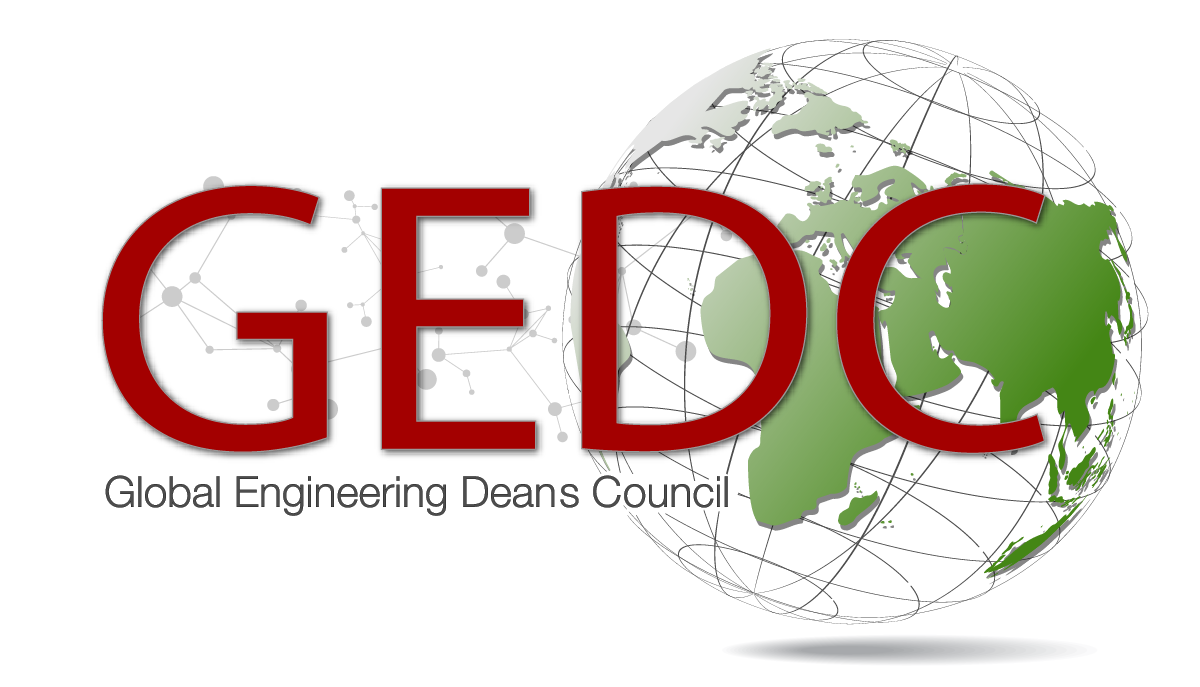Engineering students have been involved in humanitarian engineering projects for about a decade with organizations such as Engineers without Borders and other non-governmental organizations (NGOs). However, direct collaboration between universities in OECD countries and ones in lower- and middle-income countries (LMICs) has been much less common. Yet there is a lot of positive benefits of such partnerships. Oftentimes the universities in OECD countries have more resources than those in LMICs yet students in these universities lack the context for sustainable development projects. On the other hand, the students in LMICs have a much better understanding of the culture for doing sustainable development projects in their countries and often have the talents and skills to execute them but lack resources.
By building partnerships between these two types of universities, sustainable development projects can be effectively conducted.
Over the last decade, Dr. Singh has conducted sustainable development projects in LMICs in partnership with local universities in Nicaragua, Guatemala, and Ecuador. In this webinar, Dr. Singh will describe how these partnerships arose and how sustainable development projects were conducted through these partnerships.

IFEES 2022 Duncan Fraser Award recipient, Dr. Singh, has become a recognized world leader in ECE-related humanitarian technology education. He was invited to serve as the Education Committee chair of the IEEE’s Special Interest Group in Humanitarian Technology (SIGHT) for 2017-2019, as 2020 Chair of the Assessment Training Ad-hoc Subcommittee, and as Vice Chair of IEEE’s Smart Village Education Committee for 2020-2021. He has also been asked to lead a Community of Practice in Technology-Based Quality Education for the IEEE Humanitarian Activities Committee (HAC) for 2021.

